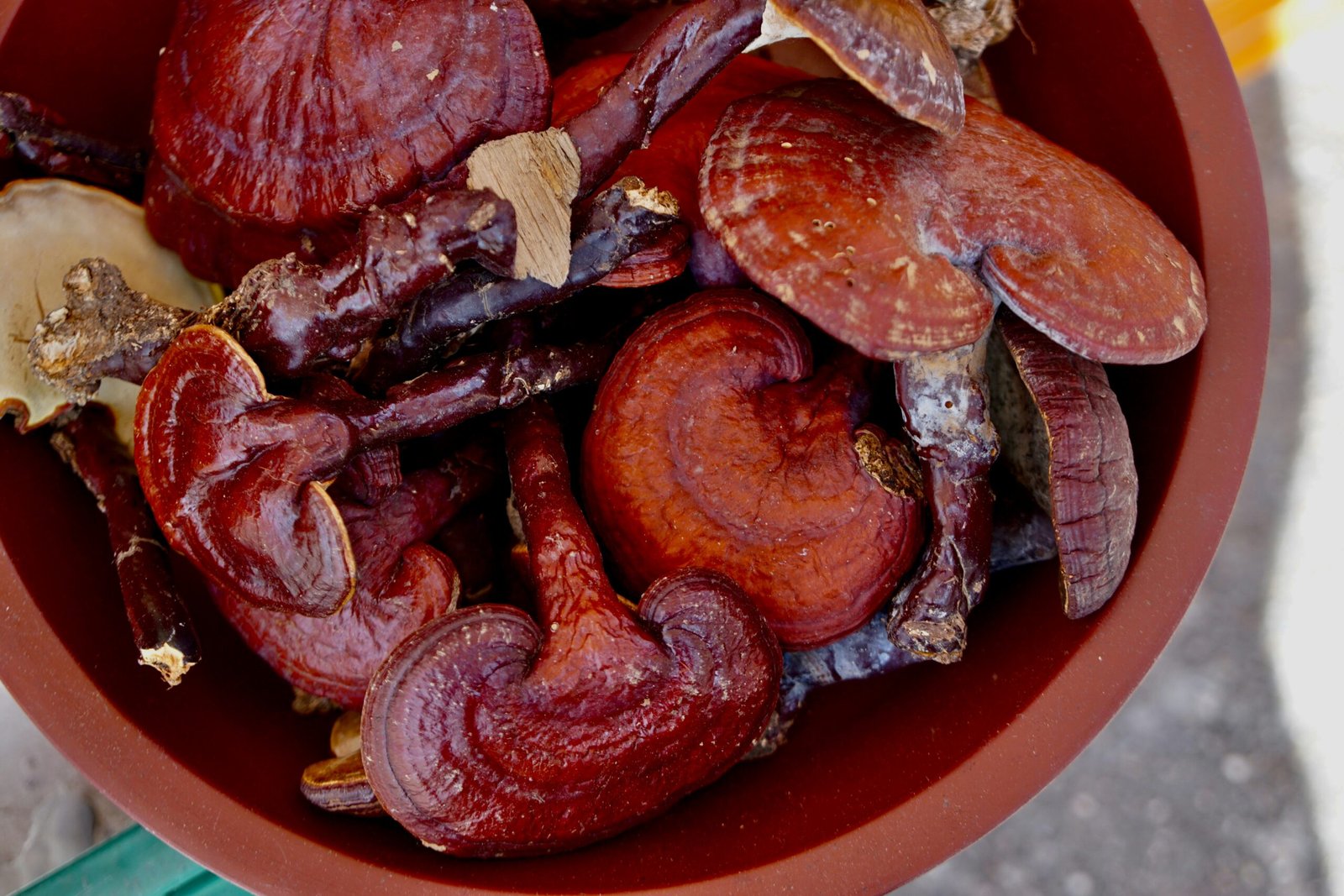Introduction to Awapuhi Ginger
Awapuhi ginger, scientifically known as Zingiber zerumbet and commonly referred to as ‘shampoo ginger’, is a remarkable tropical plant indigenous to Hawaii. Traditionally, it has been a significant part of the native Hawaiian people’s lives, interwoven with their culture and day-to-day living. The roots of Awapuhi ginger’s utilitarian and medicinal uses extend back centuries, with ancient Hawaiians employing the plant for a variety of purposes, notably for its ability to cleanse and moisturize hair and skin.
This vibrant plant is characterized by its lush green foliage and unique inflorescence, which appears as a pineapple-like cone that initially shines green and eventually matures to a vivid red. The cones, once squeezed, release a fragrant, sudsy liquid, hence the moniker ‘shampoo ginger.’ Awapuhi ginger thrives in tropical climates, favoring humid environments with well-drained soil typically found in lowland forests. It is a perennial herb, meaning it remains green throughout the year, thus reflecting the perennial beauty and bounty of Hawaii’s native flora.
Botanically, Awapuhi ginger can reach heights of up to four feet. The plant flourishes in partial shade but can adapt to varied lighting conditions, showcasing its resilience and versatility. Besides its aesthetic appeal and practical applications, its cultural significance is profound. In traditional Hawaiian healing practices, known as lā‘au lapa‘au, the plant’s rhizomes and juice are used to treat various ailments, symbolizing life and health. The ceremonial use in sacred rituals further cements its importance, epitomizing a deep-rooted reverence within the community.
Awapuhi ginger is not merely a botanical marvel but also an emblem of Hawaiian heritage and sustainability. It embodies a potent connection between nature, culture, and community, making it an integral aspect of Hawaiian identity and a subject of admiration and respect.
Health and Beauty Benefits of Awapuhi Ginger
Awapuhi ginger, also known as Zingiber zerumbet or shampoo ginger, boasts a range of health and beauty benefits that have made it a sought-after ingredient in traditional medicine and modern cosmetic products. Among its numerous virtues, Awapuhi ginger is renowned for its potent anti-inflammatory and antioxidant properties, which play a pivotal role in addressing various health and skincare concerns.
The anti-inflammatory qualities of Awapuhi ginger are particularly beneficial for soothing skin conditions such as eczema, acne, and psoriasis. By reducing inflammation, the plant helps to alleviate redness, pain, and swelling, promoting a clearer and more comfortable complexion. Additionally, its antioxidant effects combat free radicals, thereby aiding in the prevention of premature aging and the maintenance of youthful skin. Scientific studies have underscored these benefits, revealing that the bioactive compounds in Awapuhi ginger, such as zerumbone, contribute to its healing properties.
In the realm of digestive health, Awapuhi ginger can be a natural remedy for ailments like indigestion, nausea, and bloating. Historically, it has been employed to enhance digestion and alleviate gastrointestinal discomfort. Consuming Awapuhi ginger in the form of teas or supplements can help in regulating digestive processes and improving overall gut health.
The beauty industry has long embraced Awapuhi ginger, particularly for its hydrating and nourishing effects on hair and skin. The juices extracted from the plant’s rhizomes are rich in moisturizing agents that enhance hair texture and increase shine. Using shampoos and conditioners infused with Awapuhi ginger can result in smoother, more manageable hair and a healthier scalp. Research substantiates these claims, demonstrating that Awapuhi ginger’s natural compounds fortify hair strands, reduce breakage, and restore vitality.
For those interested in DIY beauty solutions, incorporating Awapuhi ginger into home care routines can be both simple and effective. A moisturizing hair mask, for instance, can be made by mixing the gel from the plant’s rhizomes with coconut oil and applying it to the hair for 20-30 minutes before rinsing. Similarly, creating a soothing face mask using Awapuhi ginger juice, honey, and yogurt can offer a rejuvenating spa experience at home.

Leave a Reply